Theine and Caffeine: What’s the difference?
Is there caffeine in tea? Caffeine and theine are known for their stimulating effects. Truth is they’re the same molecule, however, the effects of tea are significantly different from those of coffee. Will tea prevent you from sleeping? Which teas have the highest concentration of theine? Can we de-theinize our tea? Let's dive into the interesting world of caffeine and theine!
Does theine exist?
Before going any further, it is important to understand that the words "theine" and "caffeine" refer to the same molecule. Though the word “theine” isn’t necessarily wrong, “caffeine” is actually the correct way of referring to it. In order to provide some clarity, in this article we will refer to the caffeine in tea as "theine" so that you can distinguish and compare the different effects of both coffee and tea.
What is the difference between theine and caffeine?
Theine and caffeine are stimulants for the central nervous system. However, it is the other natural components present in tea leaves, which coffee lacks, that determine the effect of theine and how our bodies assimilate it. Some of the positive effects brought on by the additional components of tea include:
-
Oxydized polyphenols (tannins) in tea bind the effect of theine. This means that theine is released into the bloodstream uniformly over a long period of time, lasting between 6 to 8 hours. Caffeine present in coffee, on the other hand, is released quickly producing a peak of intensity that falls after a period of 2 to 3 hours, which is that "crash" we are all familiar with. This is why it is said that, unlike coffee, "tea stimulates without irritating".
-
Another type of tannins, thearubigins, tends to reduce the effect of theine on the body. When tea is brewed, theine is released first, before the tannins: therefore it’s in the first moments of the infusion that tea will be the strongest. The thearubigins released afterwards counteract this effect and reduce the action of theine on the brain. So, to maximize the stimulating effects of a tea, to wake you up for example, you should steep your tea for less than two minutes!
-
Theanine, an amino acid present in tea, has a relaxing effect counterbalancing the effects of theine.
-
Tea leaves also contain many vitamins (C, A, B1, B2, B6, B9, E, K), which have beneficial effects on the whole body.

Duration is decisive when infusing your tea:
less than 2 minutes means an increased stimulating effect.
It is also important to know that the concentration of theine / caffeine is three to four times lower in a cup of tea than in a cup of coffee.
Finally, not everyone feels the effects in the same way: some people are particularly sensitive to it, while others can continue to drink cups of coffee or tea without any particular effect.
Which tea contains the most theine?
The question of which teas are the most exciting when it comes to additional compounds is constantly debated. However, it is known that Japanese teas contain a significant amount of vitamin C, which makes them more stimulating in theory than Chinese or Indian teas.
Is there more theine in green tea? Not necessarily. The caffeine/theine concentration in tea is not a function of its color, which means there is no direct correlation.
What affects this is which part of the plant is used to make that tea: buds and young shoots are the richest in theine, while the stems and lower leaves are almost devoid of it. The harvesting period, the altitude of the plantation and the manufacturing method also play a role in the theine concentration.

Whole tea leaves in our Ahinsa tea from Ceylan, which is strong in theine.
Which tea contains less theine?
Once again, find out about the part of the tea plant that has been harvested. The lower leaves and stems naturally contain less theine than the buds and young shoots. Some varieties contain very little theine, such as Japanese plain green teas Hojicha and Kukicha.
Teas that have undergone final roasting (e.g. some oolongs) have even lower levels of theine. When taking oxidized oolongs, made from low mature leaves, the result will be low in theine, even if it is a natural tea. If you are curious to know more about oolong tea, do not hesitate to consult our detailed article on the subject.
Finally, flavored teas, whatever their color, contain low leaves (with a few exceptions). This means they are rather low in theine and can be consumed in the afternoon without any problem, depending on your sensitivity to theine/caffeine.
..
Kukicha is a Japanese green tea made of stems and older leaves,
that give him a very low theine rate.
Does green tea prevent sleep?
As explained above, the color of the tea is not correlated with its theine content. If you are not particularly sensitive to caffeine and if you choose your tea well (see "which tea contains the least theine"), you should be able to drink it in the late afternoon without any disturbance in your sleep. If you have trouble sleeping, we advise you switch to infusions at the end of the day.
Here are some useful tips to help you find your way through our range of organic teas:
-
Natural teas and the ‘Grand Cru’ of teas are often richer in theine, as they are made of young tea shoots and buds. These are a good choice when looking for a substitute for coffee.
-
Our flavored teas, on the other hand, are very low in theine regardless of their color (white, green, black...)
-
Some notable exceptions are: Kukicha and Hojicha for example, although these are Japanese green teas, they are very low in theine and can be drunk at any time of the day. Kukicha consists mainly of tea stems and leaves.
-
If you are very sensitive to theine/caffeine, or if you simply want to avoid any adverse effect on your sleep, plain or flavored rooibos or one of ourherbal teas could be the perfect choice for you.
If you are very sensitive to theine, herbal teas
are the right choice for a warm evening drink.
What about decaffeinated teas?
At L’autre Thé, we have chosen not to offer decaffeinated teas due to the chemical components used in the process.
However, there is a natural way to decaffeinate your tea. Because theine is released as soon as it comes into contact with the hot water, let the tea steep for one minute and throw away the first beverage you make. Then, make another teapot using the same tea. When drinking the second beverage, the flavor will still be present, however less pronounced, but the theine content will have decreased significantly. In that event, your decaffeinated tea will still be finer than a chemically decaffeinated tea!
Our suggestions
|
3 STIMULATING TEAS |
3 TEAS LOW IN THEINE |
|
|
Organic Lapsang Souchong smoked black tea Organic Rwanda Kinihira black tea Organic Matcha A Fujitsubo green tea |
Organic Japanese roasted green tea Hojicha Organic Oolong scented tea Pêcher Divin (Divine Peach) 'Bio Détox' Organic Detox Scented Green Tea |
To know more about it
Tea: the health drink- Le Monde "Jardiner"
Tea without theine - France Bleu " Le Conseil Santé " by Vanessa Lambert - 15/02/2017
Caffeine or Theine? Futura Sciences Questions and answers, by Nathalie Mayer, journalist
True or false? Tea is less exciting than coffee - L'Internaute, Charlotte Portalis, 05/06/2009
Leave a comment
Related posts
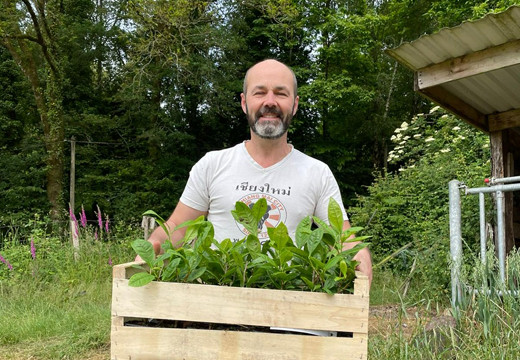 Notre plantation de thé en France !
Notre plantation de thé en France !
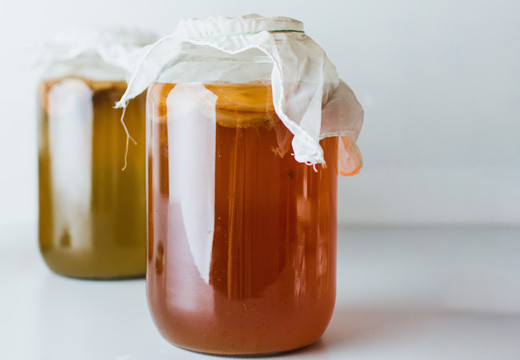 Kombucha, mode d'emploi
Kombucha, mode d'emploi
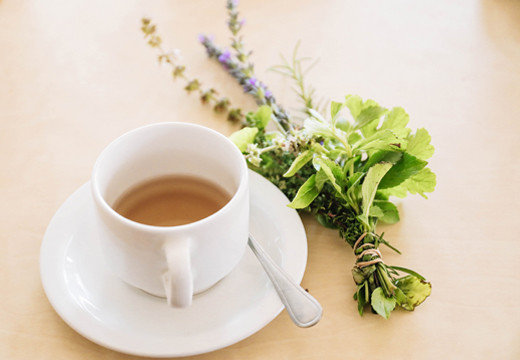 7 plantes pour mieux dormir
7 plantes pour mieux dormir
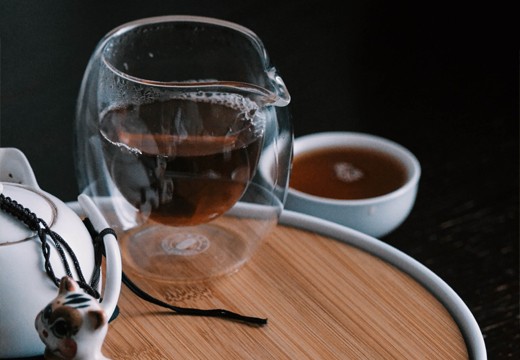 Le thé Pu-Erh : histoire, millésimes & bienfaits
Le thé Pu-Erh : histoire, millésimes & bienfaits
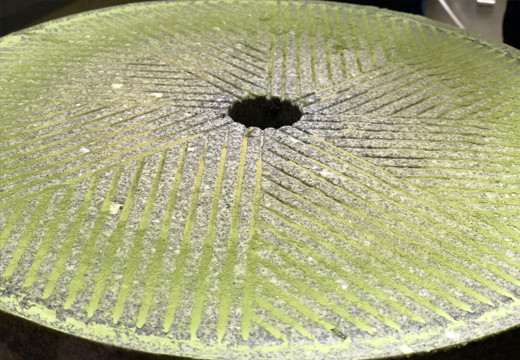 Japon : sur les terres du matcha - 2/3
Japon : sur les terres du matcha - 2/3
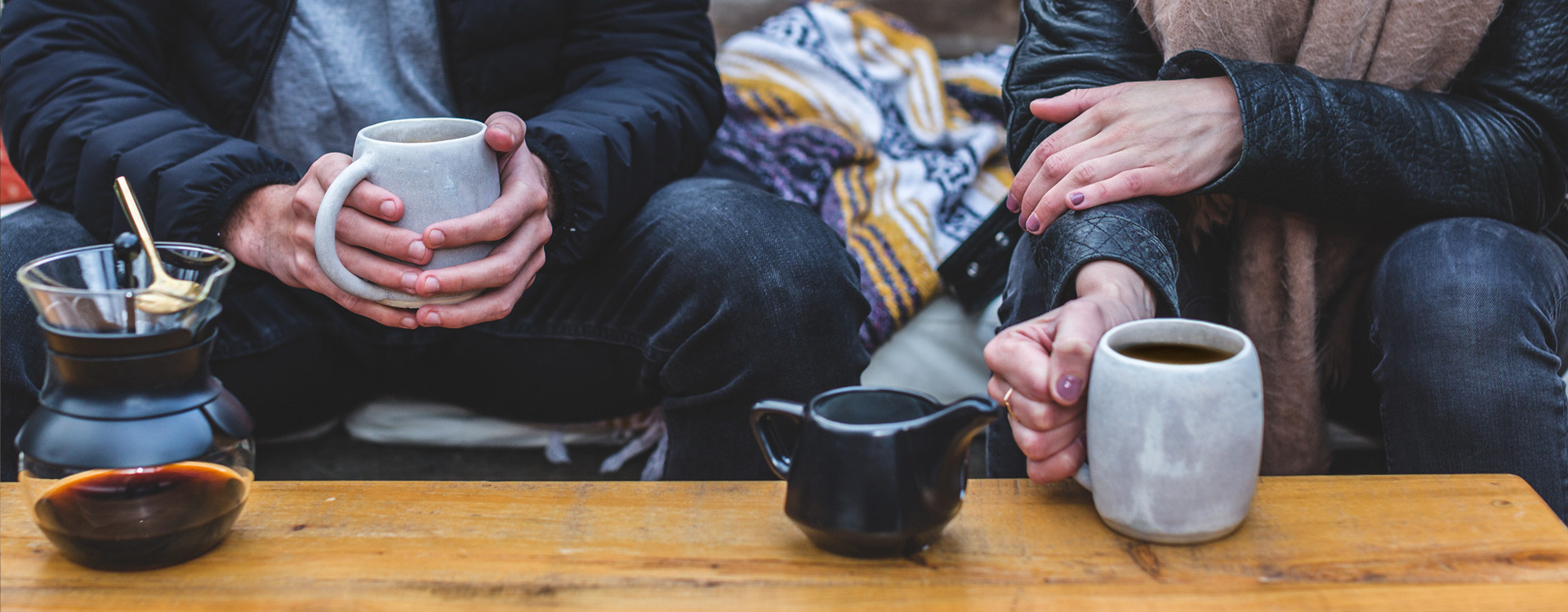


Latest comments